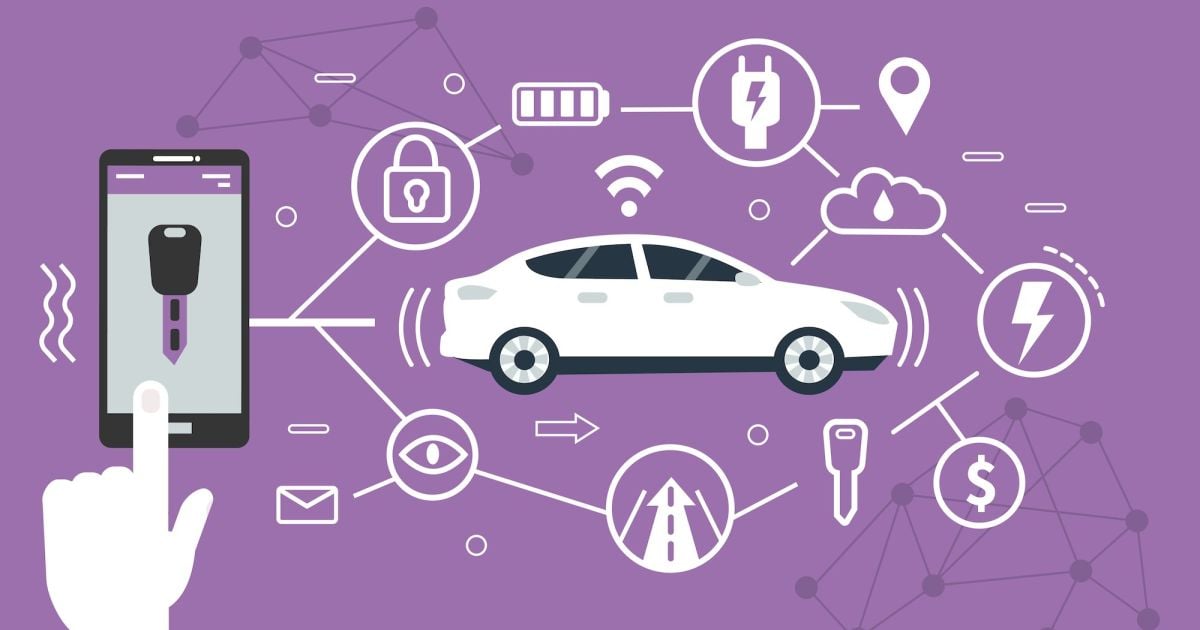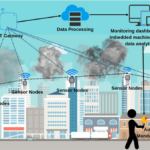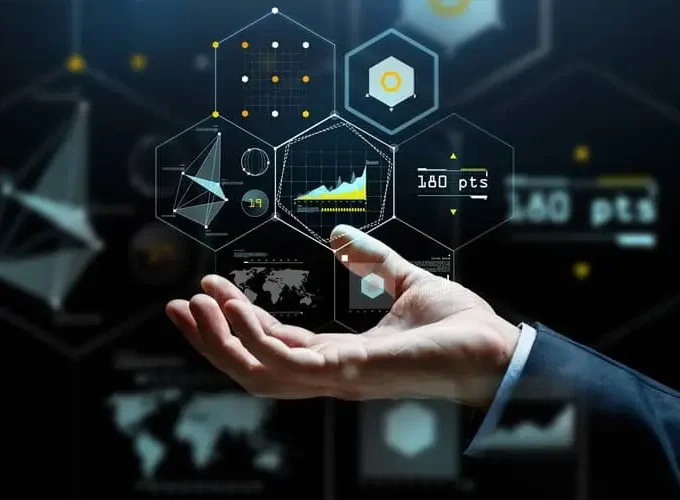The Internet of Things (IoT) has been transforming various industries over the past few years, and the automotive industry is no exception. In fact, IoT is revolutionizing the way cars work and how we interact with them. In this blog, we will discuss how it is changing how cars work and the benefits that come with it.
What is IoT?
Before we dive into how IoT is changing how cars work, let’s first understand what IoT is. The Internet of Things refers to the interconnectivity of everyday objects, devices, and machines with the Internet, allowing them to exchange data and information with one another. Devices are equipped with sensors and software that collect and analyze data and then use that data to make decisions or take actions.
IoT and Cars
IoT has been impacting the automotive industry in many ways, starting from the manufacturing process to the driving experience. Below are some ways IoT is changing how cars work.
Vehicle Diagnostics and Maintenance
IoT has made it easier for car manufacturers to monitor and diagnose issues in vehicles remotely. Cars are now equipped with sensors that collect data on everything from engine performance to tire pressure, and that data can be transmitted to the manufacturer in real time. This means that potential issues can be detected early, and car owners can be alerted before they become major problems. This also helps in scheduling maintenance and reducing downtime, making it easier for car owners to keep their vehicles running smoothly.
Improved Safety Features
IoT has made cars safer by introducing new safety features that use sensors and data analytics to detect and prevent accidents. Cars are now equipped with collision avoidance systems that use sensors to detect potential collisions. This warns the driver or even apply the brakes automatically. Other safety features include lane departure warning systems, blind spot monitoring, and adaptive cruise control.
Enhanced User Experience
IoT is also improving the overall driving experience by introducing new features that make cars more user-friendly. For example, some cars now come with infotainment systems that can be controlled through voice commands, allowing drivers to keep their hands on the wheel and their eyes on the road.
Additionally, IoT is also making it possible for cars to connect with smartphones, smart homes, and other IoT devices, making it easier for drivers to access information and services on the go.
Autonomous Driving
IoT is also a key component of autonomous driving. Self-driving cars rely on sensors and data analytics to make decisions and navigate roads safely. These sensors collect data on everything from the car’s speed and location to the surrounding environment and other vehicles on the road. This data is then analyzed by onboard computers, which use it to make decisions and control the car’s movements.
Benefits of IoT in Cars
- IoT is not only changing how cars work, but it also comes with several benefits for car owners and manufacturers. Some of these benefits include:
- Improved Safety: IoT-enabled safety features help prevent accidents, making roads safer for everyone.
- Better Maintenance: IoT-enabled diagnostic and maintenance systems help reduce downtime, saving car owners time and money.
- Enhanced User Experience: IoT-enabled features like infotainment systems and connectivity with other devices make driving more enjoyable and convenient.
- Cost Savings: IoT-enabled maintenance systems can reduce the cost of repairs by detecting issues early and preventing them from becoming major problems.
In India, the IoT market is expected to reach USD 15 billion by 2025, driven by the increasing adoption of connected devices and the growth of smart cities.
Startups in this domain:
IoT technology has enabled several Indian startups to innovate and introduce new products and services in the automotive industry. CarIQ is a Bangalore-based startup that provides connected car solutions to car owners and fleet operators. Their platform collects data from vehicles and provides real-time insights into the car’s performance, helping car owners and fleet operators optimize maintenance schedules and reduce downtime.
Another startup, Carnot, provides a connected car device that helps car owners track their car’s location, monitor its health, and receive alerts on their smartphones in case of any issues. The device also provides insights into fuel efficiency and driver behavior, helping car owners save money on fuel and insurance costs.
IoT technology is also transforming the Indian automotive industry in terms of safety and efficiency. Tata Motors has partnered with Microsoft to develop a connected vehicle platform that uses IoT technology . The platform provides real-time analytics on the car’s performance, allowing for predictive maintenance and improved safety features such as driver assistance and emergency services.
Internet of Things has had a significant impact on the Indian automotive industry, with numerous startups and established companies leveraging IoT technology to provide innovative solutions for car owners and fleet operators.
As the IoT market continues to grow in India, we can expect more companies to adopt this technology and introduce new products and services that further enhance the driving experience and safety on Indian roads.
















Leave a comment